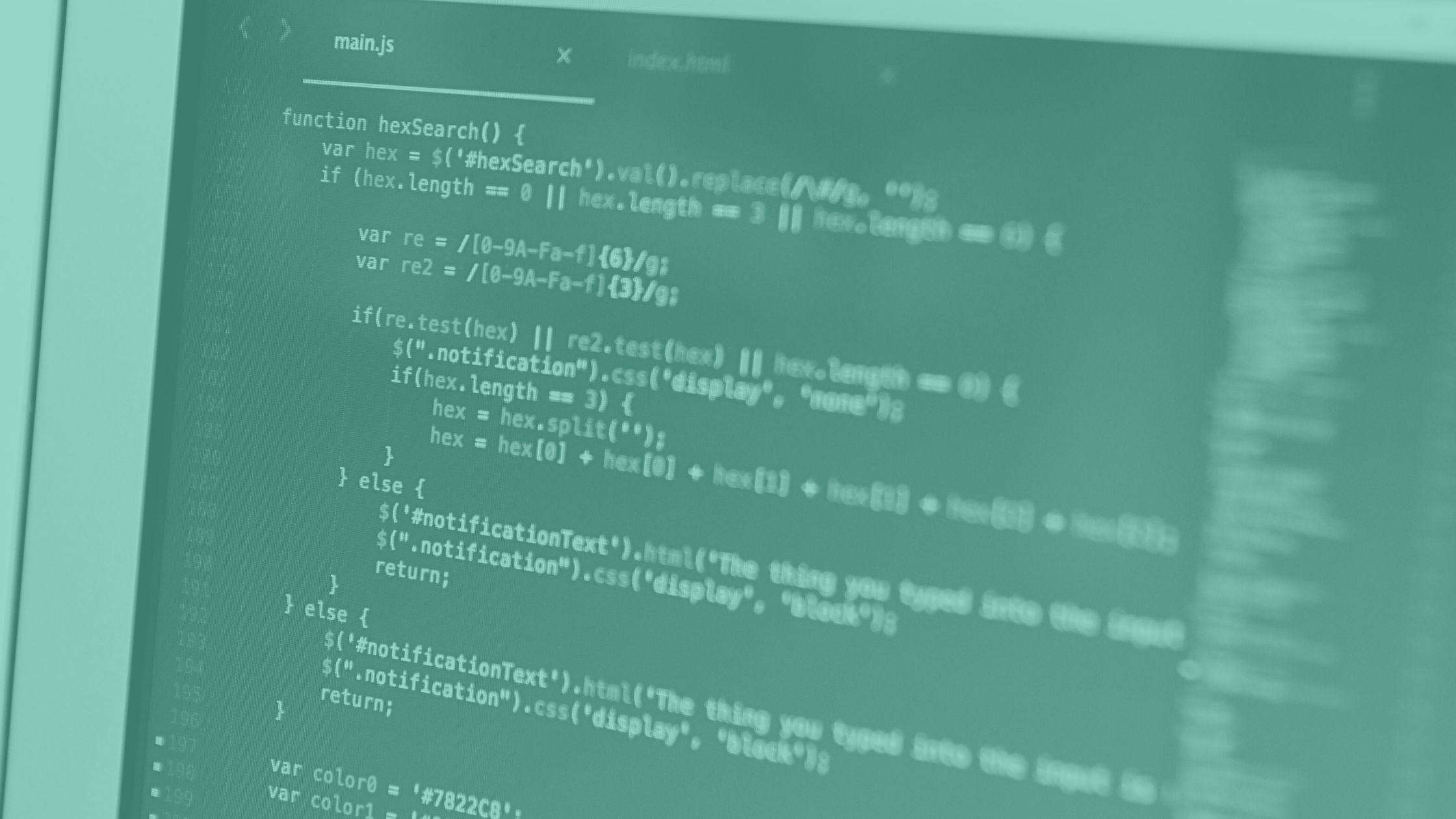Identifying Relevant Investment Opportunities
The deal origination process is the heart of any private equity firm’s operations. Firms are constantly looking for new investment opportunities, but it can be challenging to identify relevant deals in a competitive market. AI can help private equity firms identify relevant investment opportunities by analyzing large datasets and identifying patterns and trends that would be difficult or impractical to spot manually. AI can also conduct industry research and competitor analyses to supplement a private equity deal team’s sourcing efforts.
Enhancing the Due Diligence Process
Due diligence is a critical step in the private equity investment process, where firms meticulously assess the risks and opportunities associated with a potential investment. AI can support and streamline the due diligence process by automating repetitive tasks like data aggregation and analysis. AI can quickly and efficiently analyze financial statements, contracts, and other legal documents to identify potential red flags or risks associated with a target company. This not only saves teams time, but also enhances accuracy, ensuring firms gain a comprehensive understanding of a potential investment.
Streamlining Operational Efficiency
AI can modernize operational efficiency for private equity firms by automating repetitive tasks and streamlining internal processes, such as meeting scheduling, compliance and regulatory reporting, and project management, freeing up human capital as a result. This allows private equity professionals to redirect their efforts toward more value-added activities, like deal origination and relationship management.
Blueprint Prep: A Case Study in AI-Powered Personalized Learning
New Harbor is not only leveraging AI at a firm level to gain a competitive advantage - we are also encouraging our portfolio companies to do the same. One example is Blueprint Prep, a leading platform for high-stakes test preparation and continuing education. Blueprint has been using AI to drive personalized learning at scale for several years.
Founded in 2005, Blueprint Prep is a leading platform for test prep related to high stakes exams, certification and licensure in the U.S., offering live and self-paced online courses, private tutoring, self-study materials, and question banks for pre-law, pre-med, and medical school students, as well as residents, practicing physicians, PAs, and NPs.
Blueprint began its journey with AI by focusing on personalized and adaptive practice question banks. The Blueprint team has developed machine learning models that feed each learner the highest-value practice content at every step of their journey. They also use AI tools to build personalized study plans for students.
Most recently, Blueprint released a first-gen AI feature: a conversational AI chatbot that acts as a tutor for MCAT students, helping them understand the strategy behind certain exam questions. The AI chatbot, named Blue, is the first of its kind in the MCAT test preparation market. It can provide students with personalized guidance on how to tackle Critical Analysis and Reasoning Skills (CARS) questions through genuine one-on-one conversations while adapting in real time to their individual learning needs.
The launch of Blue comes at a time when interest in the use of AI in medical school and healthcare education is on the rise. AI offers medical schools the ability to provide a more personalized curriculum that can adjust to each student's needs. As the demand for medical education increases, AI technology is fast becoming necessary to meet the evolving needs and preferences of students.
Blueprint’s Founder and CEO, Matt Riley, believes that AI will continue to be a disruptive force in the education and online learning industry: “In our space, AI will be incredibly beneficial to learners. No longer will they need to labor through piles of content without knowing how to drive results. With AI, we can now make the entire learning journey more efficient and enjoyable, which will unlock tons of untapped human potential.”
As private equity firms strive to maintain competitiveness amidst a constantly evolving technological landscape, the adoption of AI and machine learning will be increasingly important. By embracing AI’s capabilities, private equity firms can gain a distinct advantage — identifying more relevant investment opportunities, enhancing the due diligence process, streamlining internal operations, and adeptly managing risks. As AI continues to advance, private equity firms that embrace and integrate it into their operations and workflows will be at a significant competitive advantage.
Share this post with your networks via the buttons below!
Questions? Reach out to us at info@newharborcap.com today.
